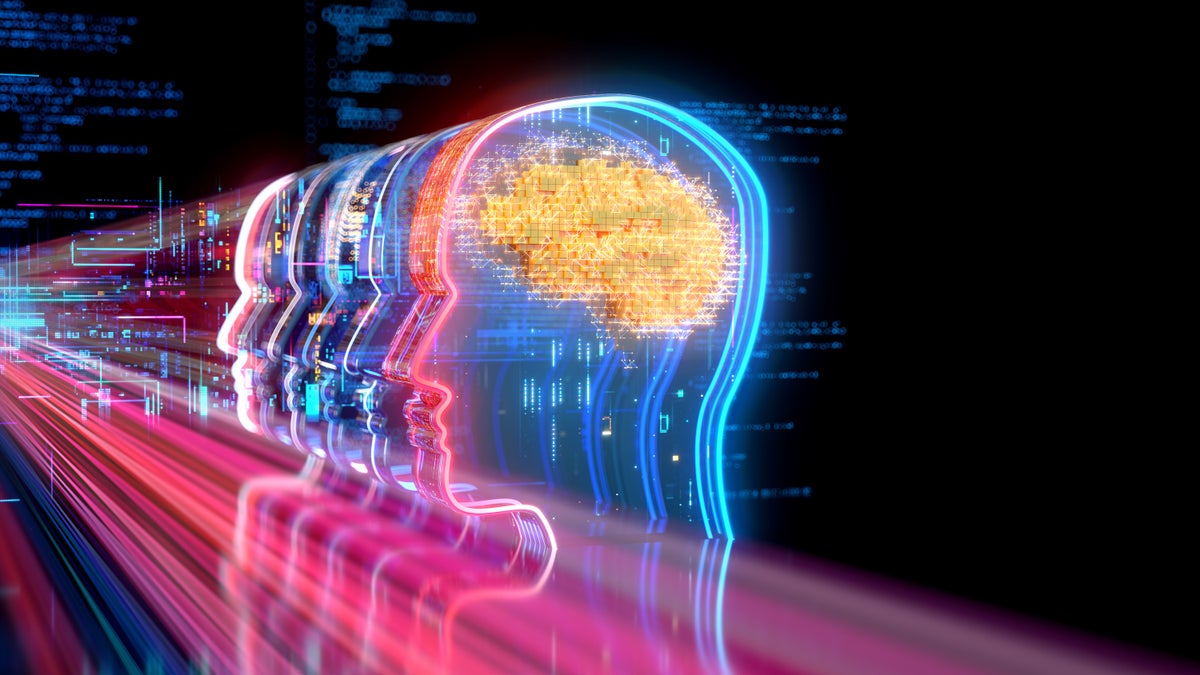
"When she imagined playing an on-screen keyboard, her braincomputer interface (BCI) translated her thoughts into keystrokes and simple melodies, such as Twinkle, Twinkle, Little Star', rang out. But there was a twist. For Smith, it seemed as if the piano played itself. It felt like the keys just automatically hit themselves without me thinking about it, she said at the time. It just seemed like it knew the tune, and it just did it on its own."
"Smith is one of roughly 90 people who, over the past two decades, have had BCIs implanted to control assistive technologies, such as computers, robotic arms or synthetic voice generators. These volunteers paralysed by spinal-cord injuries, strokes or neuromuscular disorders, such as motor neuron disease (amyotrophic lateral sclerosis) have demonstrated how command signals for the body's muscles, recorded from the brain's motor cortex as people imagine moving, can be decoded into commands for connected devices."
Nancy Smith regained the ability to make music after a 2008 crash left her paralysed from the neck down. An implanted brain–computer interface recorded and analysed her brain activity while she imagined playing an on-screen keyboard; the BCI translated those neural signals into keystrokes and simple melodies such as Twinkle, Twinkle, Little Star. The system trained on her imagined movements and learned predictive patterns that detected her intention to play hundreds of milliseconds before conscious attempt, producing the subjective sense that the piano played itself. Approximately 90 people have received BCIs over the past two decades to control assistive technologies. Many systems decode motor-cortex signals generated by imagined movement into commands for computers, robotic arms, or synthetic voices. Smith received an additional interface in posterior parietal cortex.
Read at www.nature.com
Unable to calculate read time
Collection
[
|
...
]